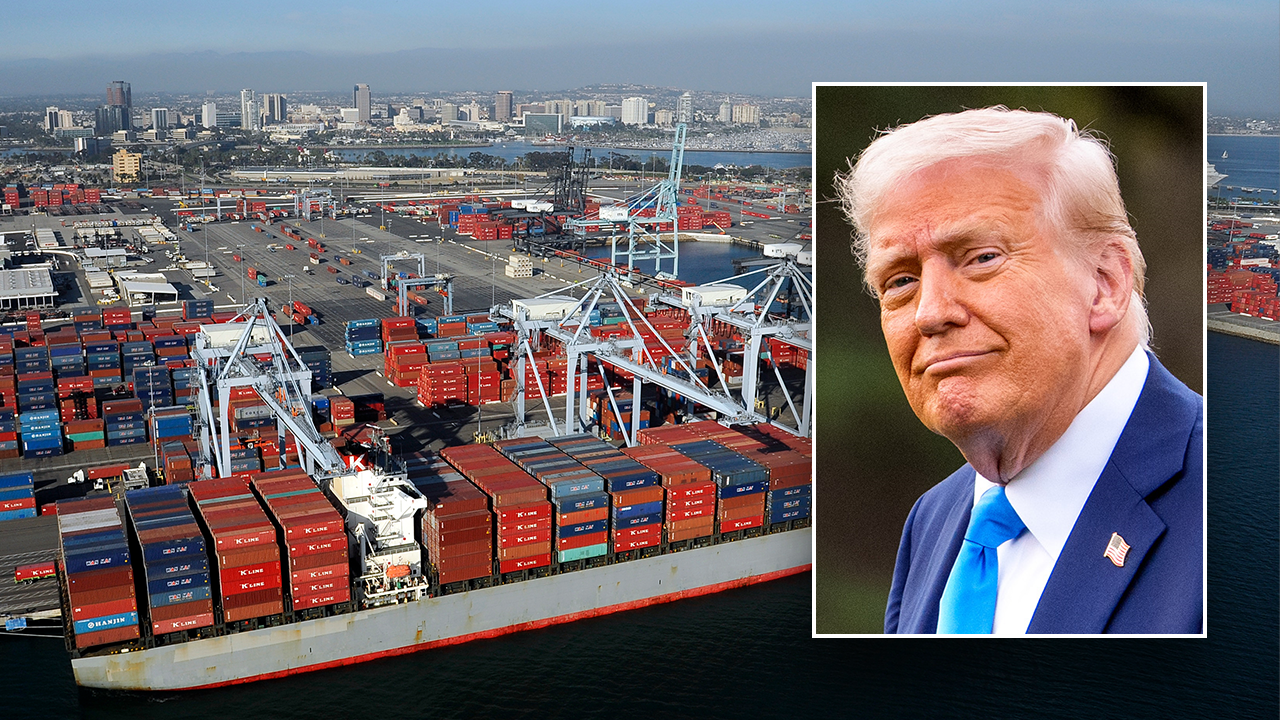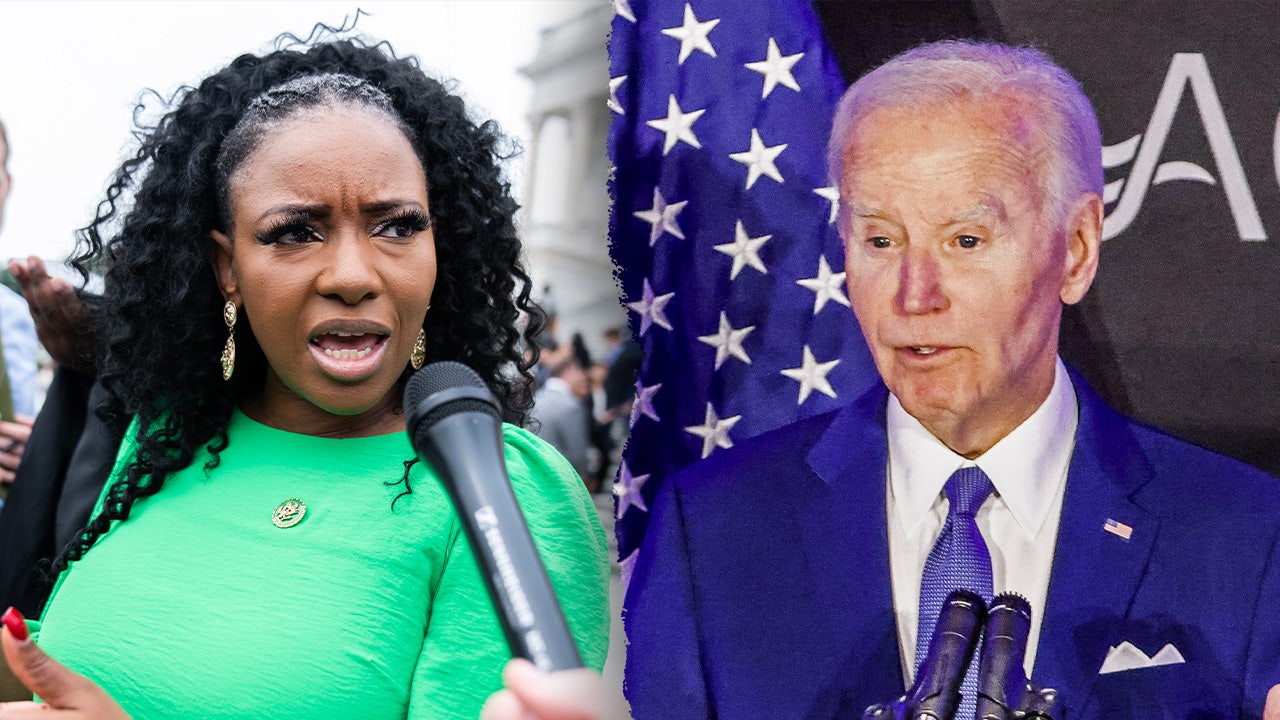Trump wants to revive the lagging shipbuilding industry

President Donald Trump has shifted his focus to revitalizing the U.S. shipbuilding industry, which lags far behind its competitor, China. In a recent move, Trump signed an executive order on April 10 aimed at reinvigorating the industry. The order calls for the development of a Maritime Action Plan and directs the U.S. trade representative to compile a list of recommendations to address China’s “anticompetitive actions within the shipbuilding industry.”
The executive order also mandates assessments on how the government can provide financial support through various avenues such as the Defense Production Act, the Department of Defense Office of Strategic Capital, a new Maritime Security Trust Fund, investments from shipbuilders in allied countries, and other grant programs. However, Bryan Clark, director of the Hudson Institute’s Center for Defense Concepts and Technology, believes that simply injecting money into the shipbuilding industry may not be enough to make U.S. commercial shipbuilders competitive with other highly-subsidized shipyards in China, Korea, or Japan.
Clark notes that the executive orders align with the SHIPS for America Act, a legislative proposal introduced in December 2024 aimed at fostering growth in the U.S. shipbuilding industry and strengthening the U.S. Merchant Marine fleet. The SHIPS Act includes provisions for establishing a Strategic Commercial Fleet Program to develop American-built, owned, and operated merchant vessels capable of operating internationally. It also aims to increase the U.S.-flag international fleet by around 250 ships in a decade.
Despite China’s dominance in global shipbuilding, Trump has expressed interest in collaborating with other nations on shipbuilding. He suggested working with Congress to authorize the purchase of ships from foreign countries, which could potentially challenge the century-old Jones Act. The Jones Act requires that only U.S. ships carry cargo between U.S. ports, with at least 75% of the crew members being American citizens. It also mandates that these ships are built in the U.S. and owned by U.S. citizens.
While proponents argue that the Jones Act is crucial for national security, critics claim that it hampers U.S. shipbuilding competitiveness and inflates costs. Efforts to repeal the Jones Act have faced bipartisan support in Congress, but experts believe that eliminating the law could be a pivotal step in revitalizing the U.S. shipbuilding industry. Veronique de Rugy, a senior research fellow at the Mercatus Center, asserts that getting rid of the Jones Act is a necessary starting point for industry revival.
Colin Grabow, an associate director at the Cato Institute, agrees that the Jones Act contributes to the challenges faced by the U.S. shipbuilding industry. While he doubts the success of repealing the law, he believes that without the Jones Act, the industry could potentially become more competitive. Overall, experts emphasize the importance of addressing the multifaceted issues within the shipbuilding industry to enhance U.S. competitiveness on a global scale.




